
Sports Nutrition for Beginners
Eating properly for the demands of endurance sports can be challenging, especially if you’re new to sport. We explore common misconceptions and pitfalls for the beginner endurance athlete.
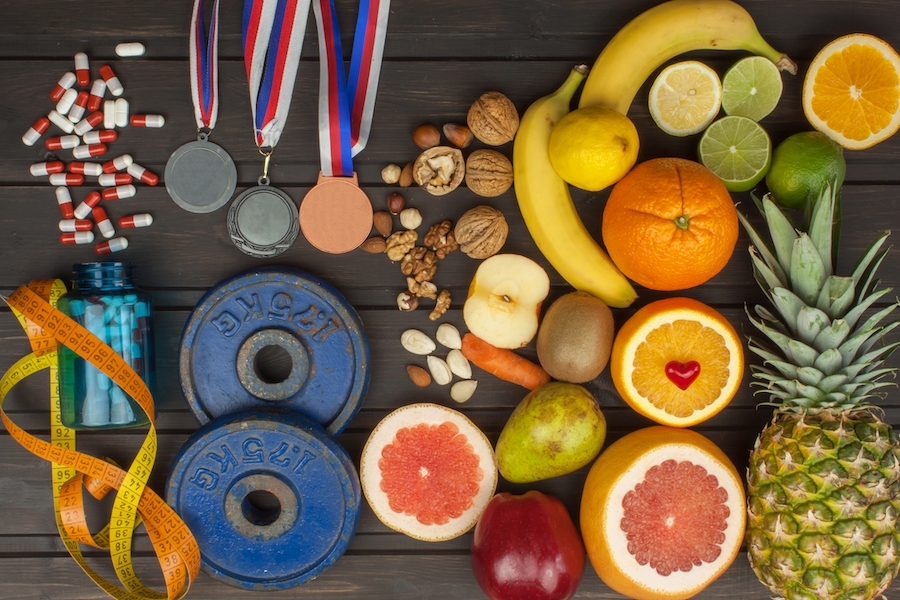
Eating properly for the demands of endurance sports can be challenging. Without the right fuel, performance and recovery will be compromised. Learn how to master and implement a sports nutrition strategy that works for you, whether that’s during your workouts or races.

Eating properly for the demands of endurance sports can be challenging, especially if you’re new to sport. We explore common misconceptions and pitfalls for the beginner endurance athlete.
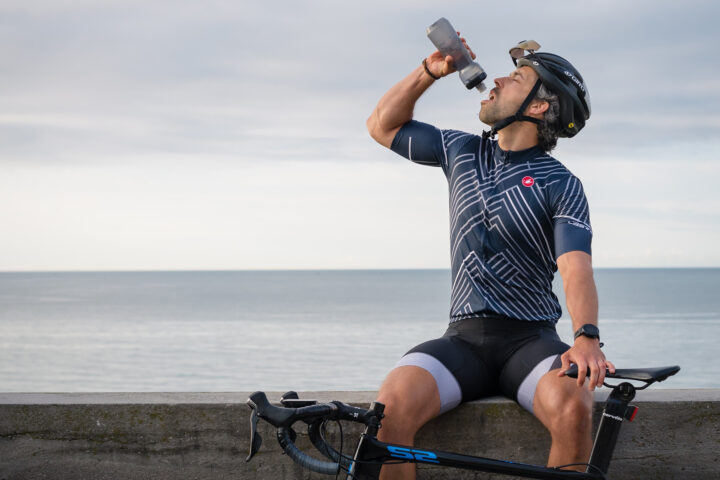
Sports nutrition for endurance athletes is controversial. With the help of experts like Dr. Asker Jeukendrup, Dr. Timothy Noakes, and Dr. John Hawley, we examine the science of fueling your body for performance and health.

Carbohydrates, fats, and proteins are the fuels that power human performance and recovery. And water is a critical piece of the puzzle.
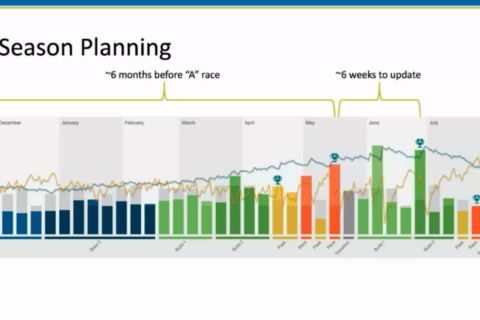
The best cyclists know that race-day nutrition must be planned—quantity, types of food, and timing that will best fuel your body for best performance.
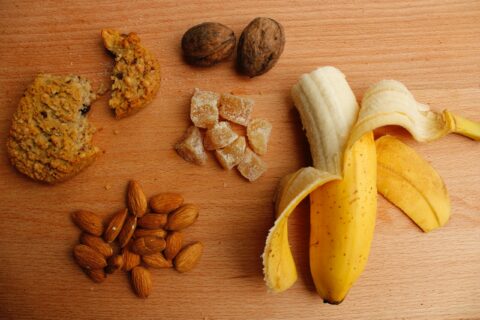
We sit down with sports nutrition expert Asker Jeukendrup to discuss potential performance gains from modifying carbohydrate load during training.
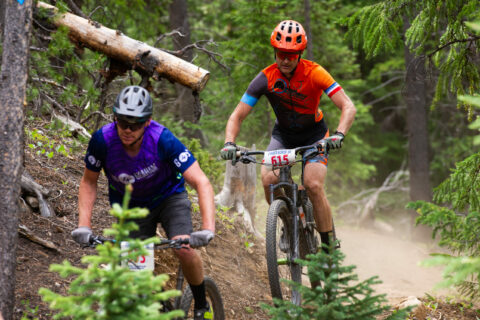
Coach and endurance mountain bike champ Daniel Matheny helps us field questions on coaching junior athletes, how aerobic capacity is impacted by intensity, PVCs, and much more.

Cardiovascular drift is measured on the bike by looking at a rise in heart rate relative to power. Dr. Ed Coyle shows us the science behind it.

Coaches Ryan Kohler and Trevor Connor dive deeper into specific nutrition metrics for a race, exploring research about race-day nutrition for the Leadville Trail 100 MTB.
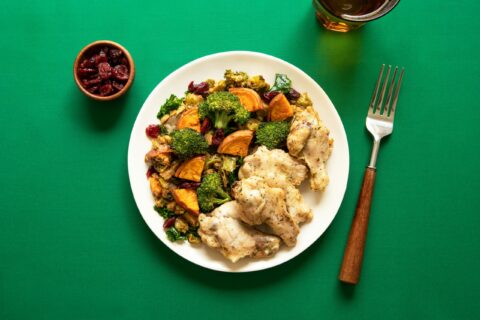
Data has its benefits, but only when we learn to apply an intuitive approach to our fueling can we unlock the most efficient and healthy sports nutrition habits.

Ryan, Trevor, and Chris field questions on nutrition, strength training at home, the Hour Record, plyometrics, and more.
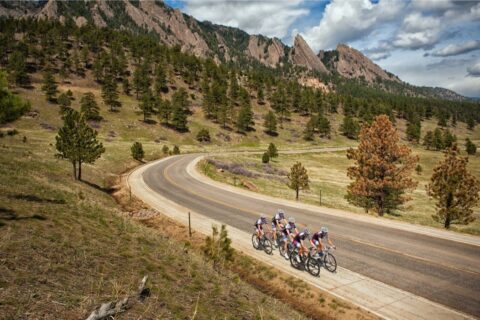
Group rides are dead. Zwift pros and cons. You are a bag of wet salt. Colby Pearce has unpopular opinions and a microphone. Get ready for a fun episode that will leave you ranting.
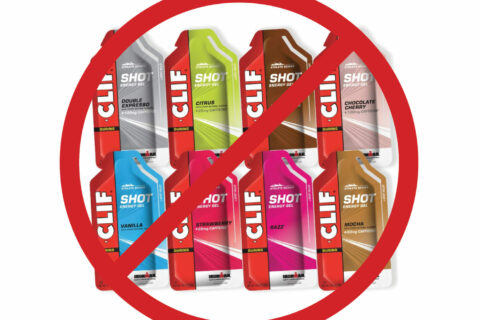
Ryan Kohler and Trevor Connor discuss some of the major myths and misconceptions in endurance sports nutrition.

Are you a good nutrition student? By using a gap analysis, you can create a personalized nutrition plan.

The best cyclists know that race-day nutrition must be planned—quantity, types of food, and timing that will best fuel your body for best performance.

Carbohydrates, fats, and proteins are the fuels that power human performance and recovery. And water is a critical piece of the puzzle.
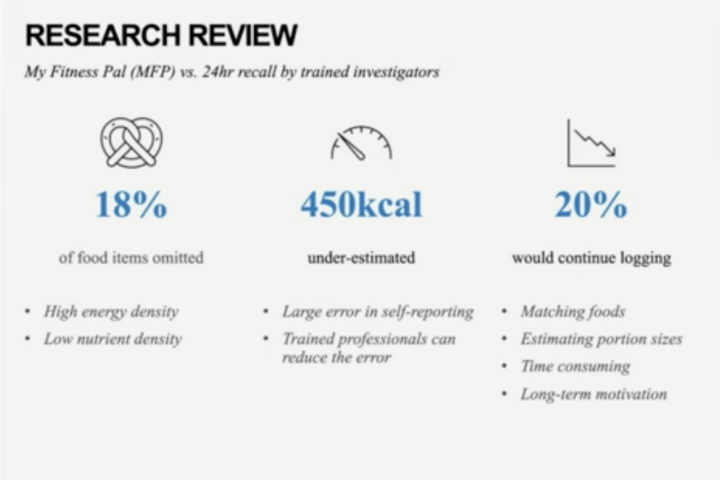
Head Coach Ryan Kohler explores best practices for using mobile apps to monitor nutrition—and reveals the red flags that can indicate when athletes are misusing these apps and developing unhealthy attitudes about their diet.
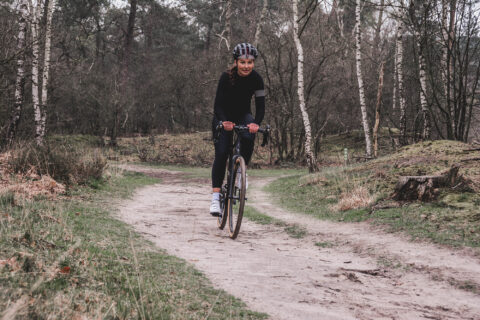
These nutrition strategies will help reduce the side effects of hormonal fluctuations during the menstrual cycle.

Colby Pearce joins Fast Talk for another Q&A episode to discuss crank length, power imbalance, the potential of CBD, and how to return after an injury.

You have an engine that needs fueling. What happens to your performance when you under fuel?
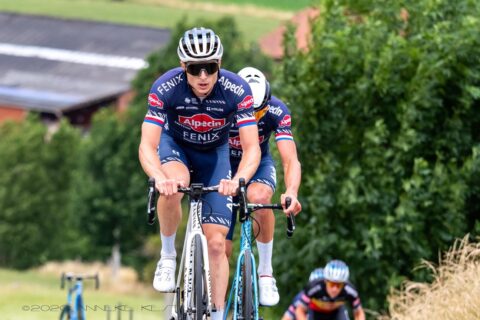
We try to decipher if there are any advantages or disadvantages to occasionally exercising in a fasted state.
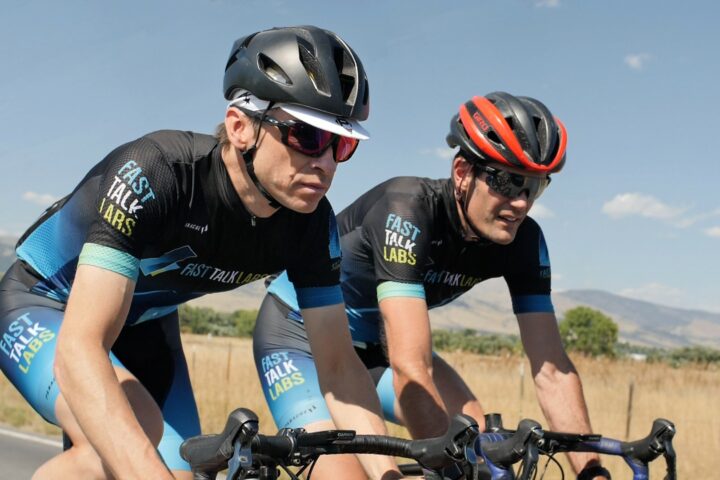
We take on questions about training while fasted, goal–setting analysis, and have a discussion on the polarized training approach.
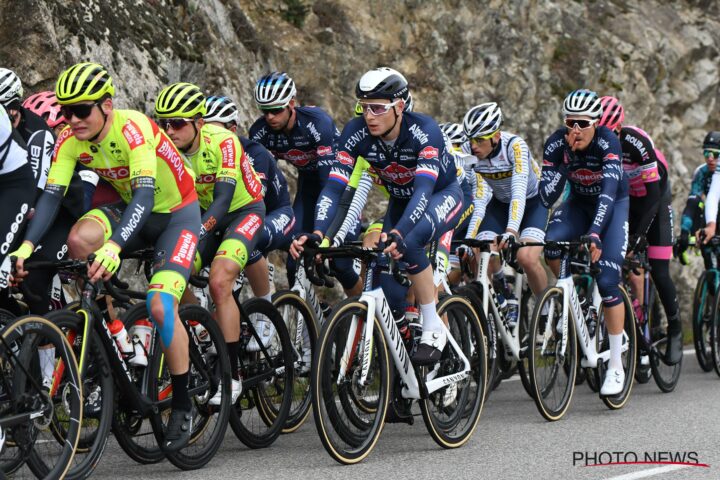
Pioneering sports nutritionist Asker Jeukendrup joins us for a discussion on how in-race nutrition is trainable and why you should be training your gut.